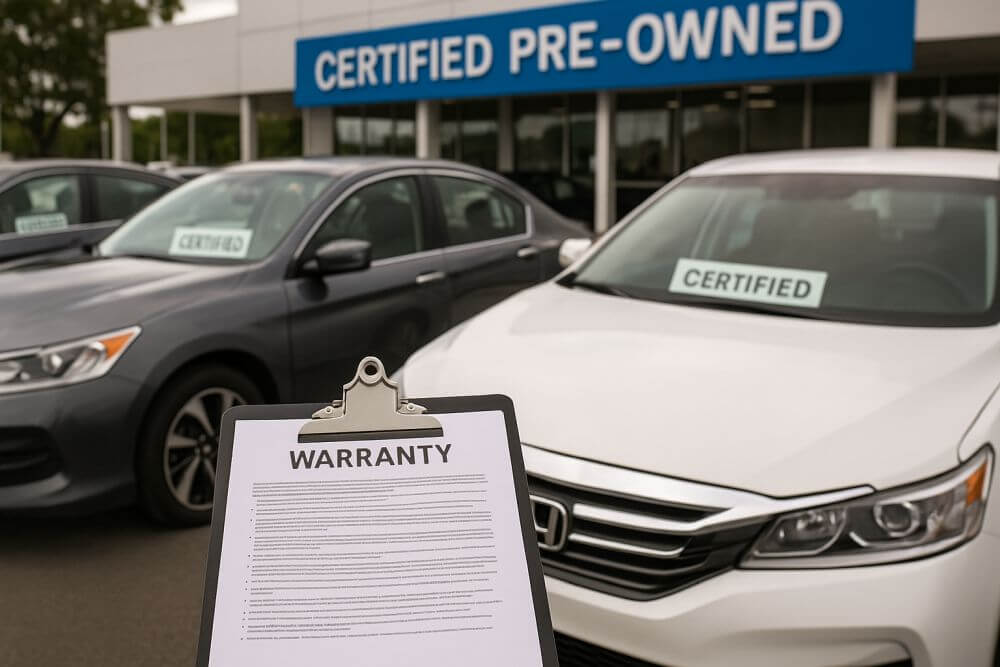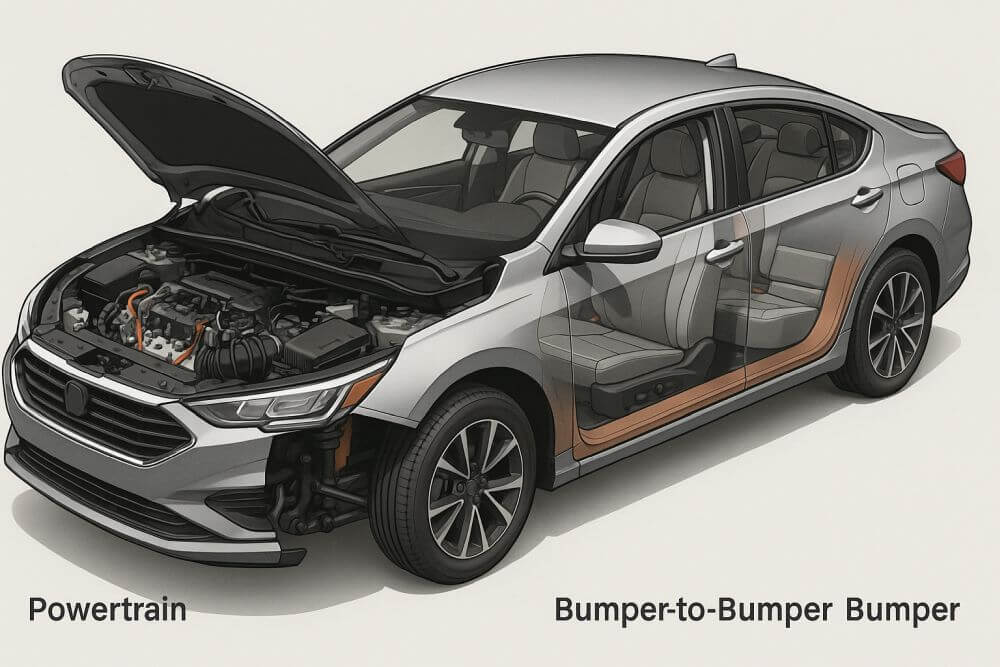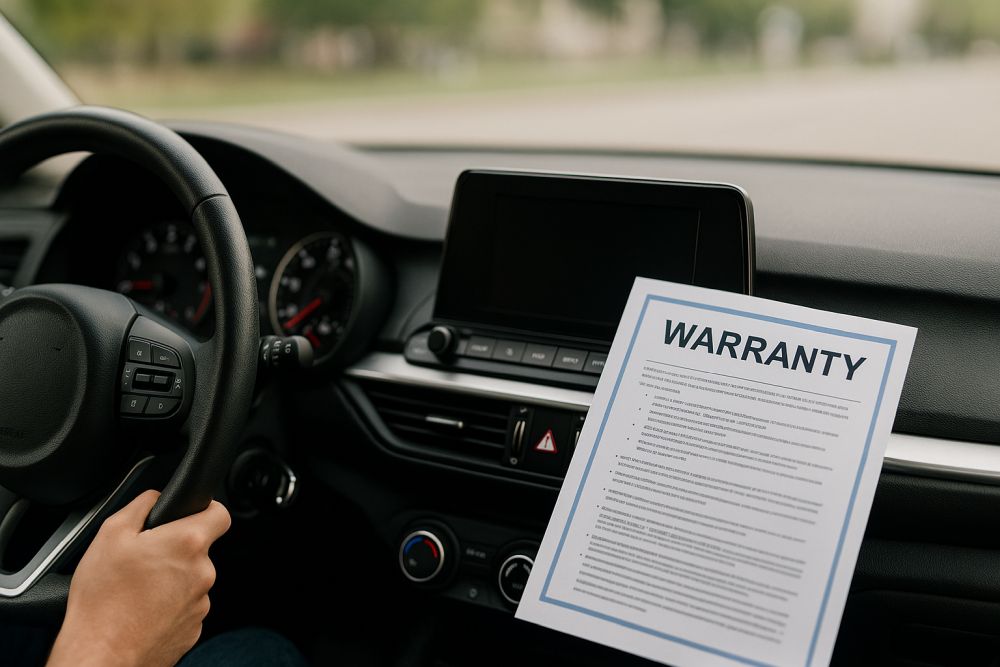Imagine finding the perfect used car in Colorado, only to discover later that it has a hidden history of accidents or unpaid liens—talk about a nightmare! To avoid falling victim to these scams, always run a Colorado license plate number lookup before sealing the deal; it could save you from costly surprises and protect your wallet.
Why You Should Be Wary of Used Car Scams

Buying a used car in Colorado can feel like a thrilling treasure hunt, but be careful — not all deals are as golden as they seem. Scammers are lurking, often hiding behind too-good-to-be-true prices or suspiciously clean histories. From tampered odometers to undisclosed flood damage, shady sellers are skilled at making problem cars look like gems. Plus, “curbstoners” (unlicensed dealers posing as private sellers) could leave you high and dry with a vehicle that’s more trouble than it’s worth. That’s why we suggest checking a car report through a license plate check (or VIN check) to reveal any hidden issues lurking in the vehicle’s history before making your decision!
Watch out for these commonly used car scams you may find in the market!
| Title Washing | Scammers may alter or falsify a car’s title to hide its history, such as previous accidents or flood damage. Always check the title and run a VIN check. |
| Odometer Fraud | Sellers may tamper with the odometer to show lower mileage than the vehicle has actually been driven, increasing its perceived value. |
| Phantom Vehicles | Scammers advertise cars that do not exist or are not for sale. They may request a deposit or payment upfront for a vehicle that can’t be found. |
| Bait and Switch | Advertised vehicles may not be available when a buyer arrives. The seller then tries to sell a different, often more expensive, car. |
| High-Pressure Sales Tactics | Sellers may rush buyers into a decision, creating a sense of urgency or claiming that there are multiple interested buyers. |
| “As Is” Sales with Concealed Problems | Some sellers may push the “as is” clause to avoid responsibility for undisclosed issues. Always get a pre-purchase inspection. |
| Fake Escrow Services | Scammers may set up fake escrow services to make the transaction seem secure, asking buyers to send money to an unverified account. |
| Lowballing Trade-Ins | Dealers may undervalue trade-ins to maximize profit on the new car sale, often using deceptive appraisal methods. |
| Online Payment Scams | Buyers may be asked to make payments through non-traditional methods, such as wire transfers or gift cards, which are difficult to trace. |
| Stolen Vehicles | Some sellers may attempt to sell stolen cars, often with altered VINs. Always verify the VIN against official records. |
| Fake Car Histories | Sellers might provide counterfeit vehicle history reports to conceal accidents, repairs, or title issues. |
Navigating the used car scene in Colorado is an adventure filled with opportunities, but it also presents some challenges. To avoid scams and snag an amazing deal, doing proper research can help keep you on the right track!
Research the Seller’s Reputation
Before meeting with a seller, research their reputation online. Check reviews if they are a dealership or use platforms like the Better Business Bureau (BBB) to see if there are any complaints. For private sellers, ask for references or check their social media profiles to ensure they have a legitimate history of car sales. Avoid sellers with questionable or no online presence.
When you’re on the hunt for a used car, staying alert for warning signs is vital to uncover any issues with the vehicle or the seller. Here’s a list of common red flags to keep an eye out for:
- Incomplete Vehicle History: If the seller can’t provide a full vehicle history report, including details about past accidents, title problems, or odometer discrepancies, consider it a warning sign.
- Unusual Pricing: A price that’s far lower than the market average might suggest hidden problems lurking beneath the surface.
- Pressure to Buy Quickly: If the seller pushes for a speedy sale or urges you to make a snap decision without giving you ample time to think or inspect the car, proceed with caution.
- Vague or Evasive Answers: Be wary of sellers who are unclear about the car’s history, service records, or repairs, often dodging direct questions.
- Lack of Documentation: A seller unable to provide maintenance records, title, or registration documents raises a red flag.
- Clean Title Claims: If the seller claims the title is “clean” but won’t let you verify it through a title check, take that claim with skepticism.
- Inconsistent Mileage: An odometer reading that doesn’t match the car’s overall condition or age can indicate potential issues.
- Signs of Tampering: Look out for any indications that the odometer or other components have been tampered with.
- Unusual Sounds or Smells: During a test drive, if you notice strange noises or odors, it may signal underlying mechanical problems.
- Recent Cosmetic Repairs: Extensive detailing or cosmetic touch-ups might suggest the seller is trying to conceal hidden issues.
- Not Allowing Mechanic Inspection: If the seller won’t permit a trusted mechanic to inspect the car, that could be a warning sign.
- Rust or Damage: Significant rust, body damage, or mismatched paint may indicate prior accidents or neglect.
- Selling for a Friend: If the seller claims to be selling on behalf of someone else and lacks knowledge about the vehicle, be cautious.
- Inconsistent Stories: If the seller’s account of the vehicle’s history keeps changing or doesn’t quite add up, that’s a red flag.
- No Willingness to Negotiate: A seller who won’t budge on the price might be hiding something about the vehicle.
Being aware of these warning signs allows you to make a smarter choice and steer clear of potential problems in your journey to find a used car.
Inspect the Vehicle in Person

Never buy a used car in Colorado without inspecting it first. Make sure to meet in a public place and take a thorough look at the car. Look for any signs of wear and tear, rust, or damage that might not have been disclosed by the seller.
Inspecting a car you’re considering is a key step in making a smart investment. Here’s a detailed checklist of common features to review:
Exterior
-
-
- Body Condition: Look for dents, scratches, rust, or paint mismatches.
- Windshield and Windows: Check for cracks, chips, and proper operation of all windows.
- Tires: Inspect tread depth, uneven wear, and sidewall condition.
- Lights: Test headlights, taillights, brake lights, and turn signals for functionality.
- Undercarriage: Look for signs of rust, leaks, or damage.
-
Interior
-
-
- Seats: Check for tears, stains, and proper operation (adjustments, recline).
- Dashboard: Ensure all gauges work and check for warning lights.
- Controls and Electronics: Test the air conditioning, heater, radio, and any other electronic features.
- Carpets and Upholstery: Look for stains, wear, and odors (e.g., mildew).
- Safety Features: Check seat belts and airbags for proper functionality.
-
Engine and Mechanical
-
-
- Oil and Fluids: Check oil level and quality, as well as coolant, brake fluid, and transmission fluid.
- Battery: Inspect for corrosion, and check the battery’s age and condition.
- Belts and Hoses: Look for cracks, wear, or leaks.
- Engine Condition: Listen for strange noises, check for leaks, and inspect for excessive wear.
- Exhaust System: Look for rust, leaks, or unusual noises.
-
Consider having a trusted mechanic perform a thorough pre-purchase inspection for additional peace of mind.
Test Drive and Other Checks

In addition, always test drive the car and review the pertinent documents before making any decisions. Do not succumb to any pressure to skip this step. Documents can be forged, so it would be wise to verify their content against official government records.
During the test drive, listen for unusual sounds, test the brakes, and ensure all the electronics and features work properly. Make sure to test the car in different Colorado weather conditions and terrains, as snow and mountain driving can affect performance.
Performance
-
-
- Test Drive: Pay attention to acceleration, braking, steering, and suspension.
- Alignment: Check if the car pulls to one side or if the steering wheel is off-center.
- Brakes: Listen for squeaking and check for responsiveness.
-
Documentation
-
-
- Vehicle History Report: Obtain a report to check for specifications, accidents, title status, ownership timeline, market value, and warranty. This can be done with a license plate search tool or a VIN check.
- Maintenance Records: Review any provided records for regular maintenance and repairs.
- VIN Inspection: Verify the Vehicle Identification Number correspond with the details provided on registration, title, bill of sale, insurance, and other important documents.
-
Additional Checks
-
-
- Recalls: Research if the vehicle has any outstanding recalls.
- Towing Capacity and Payload: Ensure it meets your needs if applicable.
- Spare Tire and Tools: Confirm the presence and condition of the spare tire, jack, and tools.
-
Beware of Online Payment Scams
Never send money upfront or through wire transfers to hold a car or secure a sale. Scammers often ask for deposits via non-refundable methods like gift cards or wire transfers. Stick to safe payment methods like escrow services or paying in person after inspecting and test-driving the vehicle.
Other red flags to keep in mind:
- Vague or Unprofessional Communication: Poor grammar, misspellings, or generic responses can indicate a scammer rather than a legitimate seller.
- Absence of a Legitimate Dealership: If the vehicle is listed by an individual rather than a registered dealership, exercise extra caution.
- Inconsistent Information: Inconsistencies in the vehicle’s description, such as mileage or features that don’t match the photos, can be a sign of a scam.
- Requests for Personal Information: Be wary if the seller asks for personal details unrelated to the sale, such as your social security number or banking information.
- Non-Local Sellers: If the seller is located far away and insists on shipping the vehicle without a chance for you to inspect it, it could be a scam.
- Fake Websites: Ensure that the website is legitimate and not a copycat of a well-known site. Look for secure connection indicators (like HTTPS) and contact information.
- Too Many Similar Listings: If you see the same car listed multiple times across different platforms or in various locations, it could be a sign of a scam.
- No Clear Return Policy: Legitimate sellers or dealerships will often have a clear policy for returns or exchanges, while scammers may avoid this topic.
As you search for your ideal used car in Colorado, don’t fall into the temptation of not doing proper research with a license plate lookup or any other tool for car background checking; this might drain your wallet and disrupt your peace of mind.
Take this advice seriously: overlooking this could land you in a pricey scam that’s surprisingly easy to stumble into!


